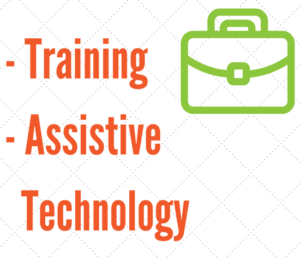If you’ve taken the QS Dyslexia test and it says you are showing signs of dyslexia, you may be wondering ‘what next?’. You may be applying for university or be struggling in your classes already. Or you may feel your career is being hindered by your dyslexia and you have no support from your employer.
But there’s good news. There is a lot of support you can get from both employers and university.
Applying for University
The BDA (British Dyslexia Association) suggest you ask universities the following questions before you apply:
- If I have poor spelling or grammar will I be penalised in exams?
- Can assistive technology can be used in exams?
- How will the exams will run and what format will they be? For example, multiple choice questions
- If you are doing a joint honours degree, what opportunities there are for the assignment dates to be staggered?
Dyslexia Support at University
The level of support varies, but generally if you’re a dyslexic student you are entitled to the following:
- Accommodations in exams such as extra time to finish or a scribe
- Extra time for completing assignments
- A learning support tutor
Funding is also available for dyslexics – this is under the Disabled Students’ Allowances (DSA) and is organised with your student finance funding body. This funding allows you up to £5,212 worth of specialist equipment to support your learning. This could include:
- IT equipment such as laptops or tablets
- Assistive software
- Aids such as digital recorders
- Study skills support from a specialist tutor
- Allowances for books and photocopying
Dyslexia at Work
It is important to let your employer know if you have dyslexia. All employers are required to make reasonable adjustments to enable dys lexic employees to undertake their work effectively. The support you can get from employers include:
lexic employees to undertake their work effectively. The support you can get from employers include:
- Specialist one-to-one training or tuition on organisation skills, time management and concentration/memory
- The use of a digital recorder in meetings
- Assistive technology such as voice recognition and word prediction software
(Dyslexia Action, 2016)
Don’t let dyslexia get you down…
Having dyslexia shouldn’t deter you from applying for university or following the career you want. Dyslexics are known to have many strengths including:
- Innovative thinking
- Solving problems in original ways
- Being creative in many different ways
- Making original connections
- Working harder than their friends
Sometimes just the report from your QS Dyslexia Test is enough for your employer or teacher to get you support. If not, you can take your report to a Chartered Psychologist specialising in adult dyslexia to get another report done.

